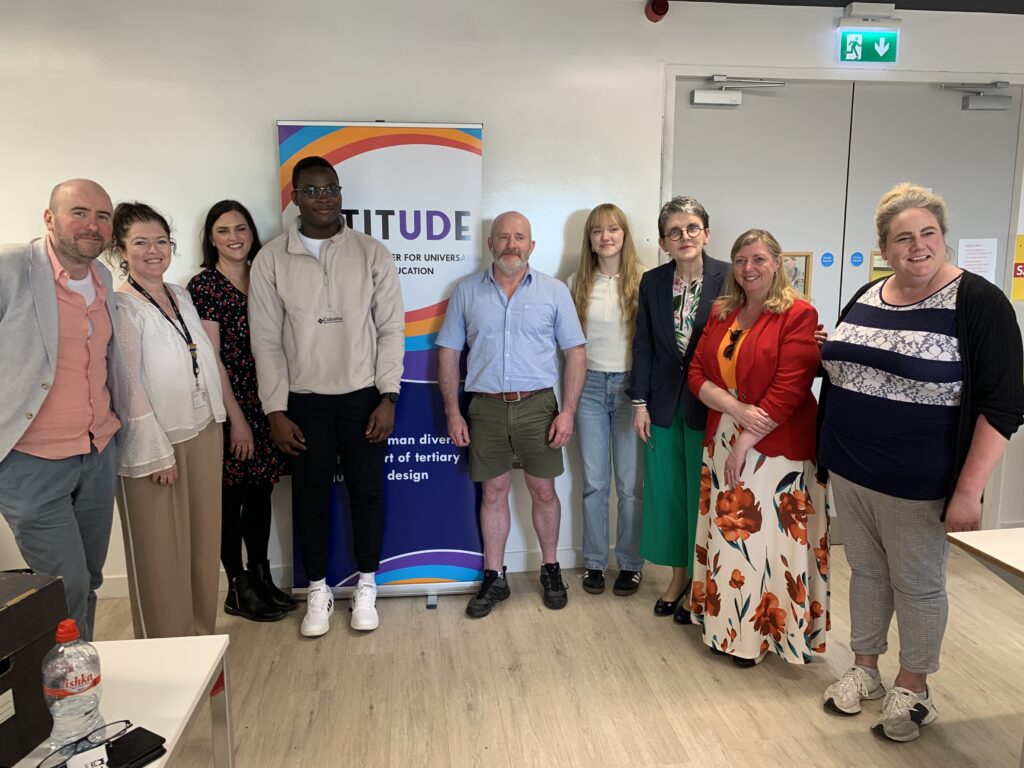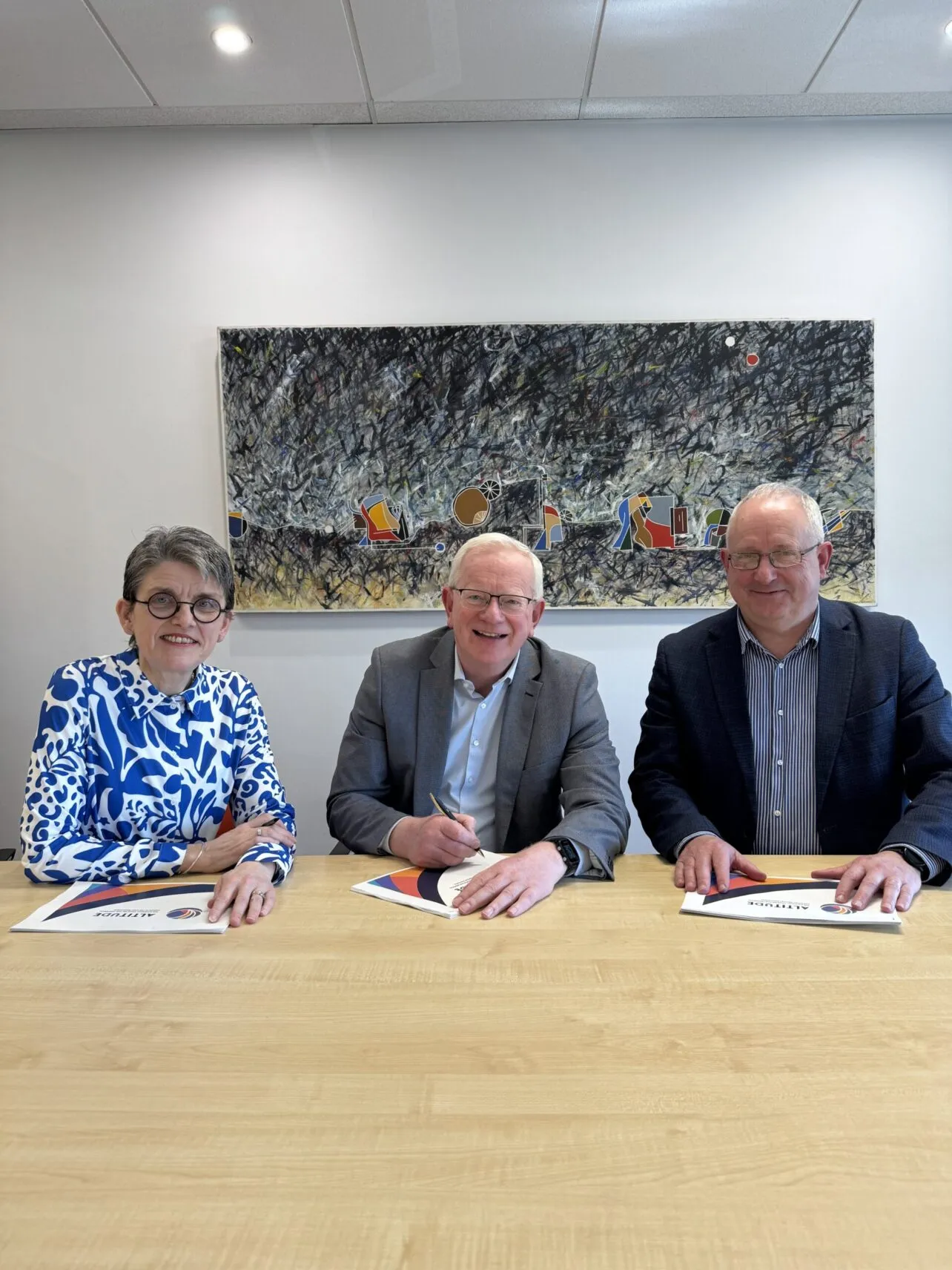TUS has publicly declared its support for and adoption of ALTITUDE – the National Charter for Universal Design (UD) in Tertiary Education – and joined a national call to action for institutions and agencies to work towards a more universally designed tertiary education system.
The responsibility on educational institutions to provide equitable access for all is now strongly embedded in Irish legislation.
The aim is to move towards a system where all staff play their part in delivering an inclusive educational experience.
Universal Design, or UD for short, offers an evidence-based approach to engender this mindset, and is increasingly seen as a central tenet of the response to rising diversity,
The vision of the project looks to a future in tertiary education where “all learners are transformatively included through universal design in education”, deriving the name ALTITUDE.
Funded by the Higher Education Authority, ALTITUDE seeks to support higher education institutions and Educational Training Boards to make sustainable progress towards systemically embedding a UD approach with human diversity at its core.
The Charter proposes collaborative action to work towards goals under four key pillars: learning, teaching and assessment; supports, services and social engagement; the physical environment and the digital environment
President of TUS, Professor Vincent Cunnane, expressed his enthusiasm about the institution’s adoption of ALTITUDE, calling it a landmark development:
“The growing diversity among our TUS staff and students is a huge strength for us. Inclusion is key to unlocking everyone’s potential. Universal design is a big part of our strategy to meet everyone’s needs.
“Everyone needs to collaborate and contribute to fostering an inclusive environment in which all have equal opportunities to succeed. By integrating a universal design approach, we can achieve this goal.
“We’re fully behind this important cross-sector effort and will keep pushing forward with the actions and goals in the ALTITUDE Charter in the years to come.”
Following TUS’s adoption of the Charter, the university will now seek to examine its governance structures and establish a Universal Design/ALTITUDE steering committee with the aim of progressing the actions and goals outlined within the Charter.
Frances O’Connell, Vice President for Student Education and Experience, TUS, said: “Inclusive practices have underscored our work in TUS since our designation as a Technological University. The adoption of the Altitude Charter is further evidence of TUS giving credence to the value of inclusion noted in our inaugural strategic plan.
“That value permeates how we assure the inclusion of students through our teaching and learning practices, our support services to students, and the physical and digital infrastructure they interact with.
“All staff play a central role in creating an environment in which the huge diversity of learners in our community can thrive. By adopting the Charter, we have committed to work collaboratively across the institution to embed a UD approach more firmly in our practices and processes in the years ahead, building on the good work already achieved in this area.”



